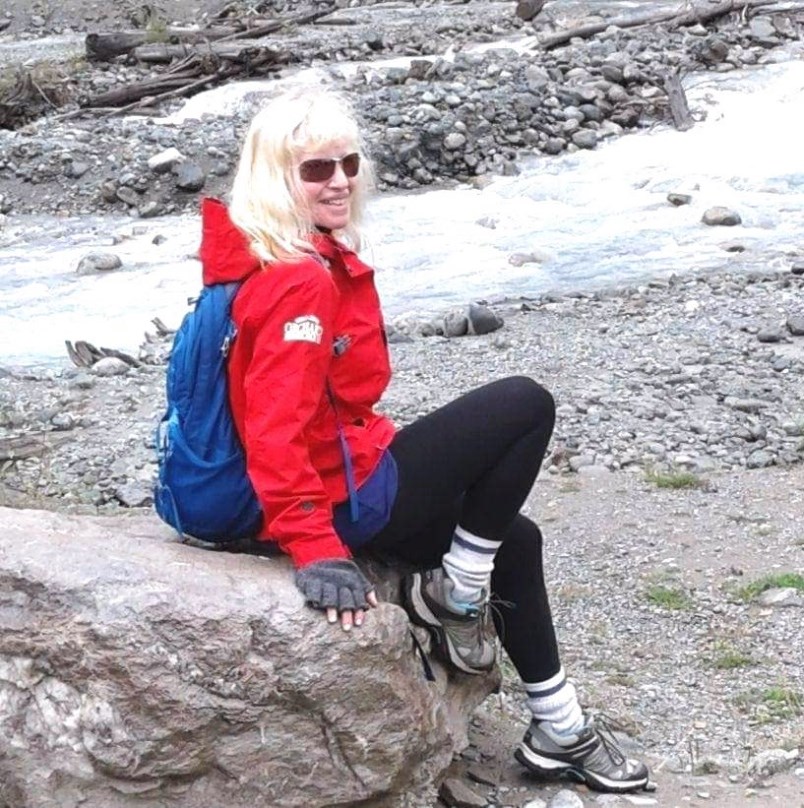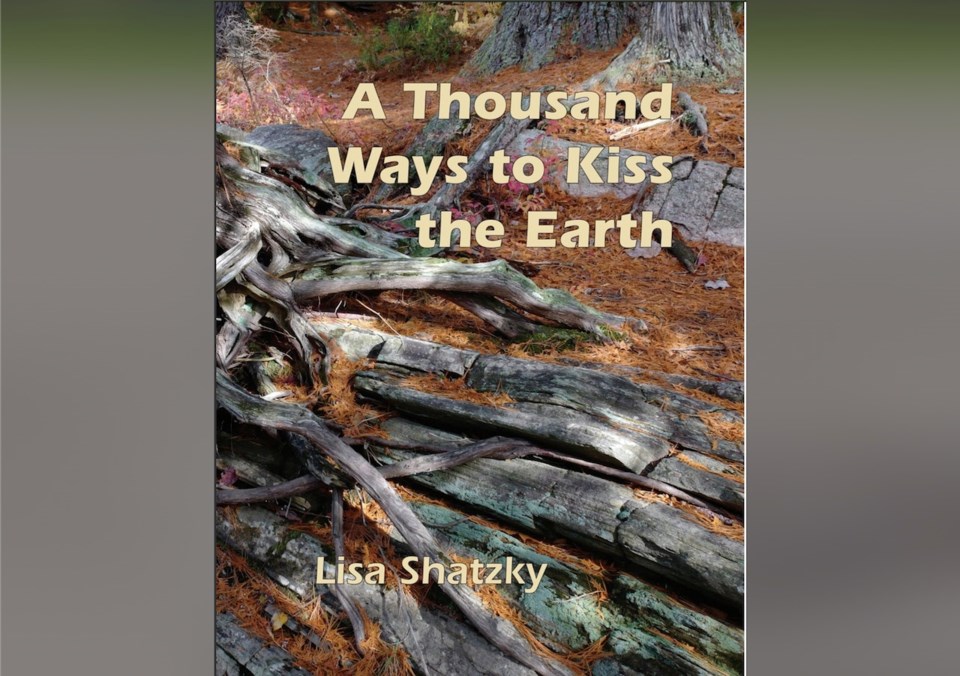BIU: How would you describe A Thousand Ways to Kiss the Earth?
LS: This is a collection of 35 poems that speak to the human condition as well as the fragile state of the planet and what it means to fall in love with the world again. These are poems about loss and longing, love and connection and the loneliness and alienation of our times. One of the central themes in this collection is the impact of witnessing and experiencing beauty in the world while being keenly aware of the destruction of this beauty’s source and the heartbreak this creates in our day-to-day lives. Another central theme is rising up out of the brokenness and finding ways to hold what is precious and still beautiful in the light that is everywhere.
Where does this collection of poems come from?
They were inspired by some of what happened in the world in 2019, especially around climate change and the threat this creates to life as we know it in terms of our humanity and the other animals with whom we share this planet.

How do the poems depart from your other books?
The poems tell a story. While the poems can be read as individual pieces, when read together they tell a larger story about how to live and love in a world surrounded by environmental crises. Each poem picks up an idea or phrase from the poem that comes before and carries it forward. The reader embarks upon an inner and outer journey about the interdependence of relationships in our lives and how psychologically connected we are to the plight of the planet and the animals around us. Now more than ever we must allow ourselves to fall in love with that which is bigger than us if we are to survive.
How long have you been writing poetry?
Since I was a little kid and could hold a pencil. But I gave it up when I got into university and only re-connected with writing poetry again in 2005.
How has your relationship with the art changed since you began?
That’s a very interesting question. My relationship to poetry has indeed changed. When I first got back into it in 2005, I felt something was calling and I had to respond. I had no idea how a huge door in my life would be blown open. What was once an interesting thing to do (write) has thus become all encompassing, necessary, and even urgent. I write every day. It’s like breath to me. Like food.
We’re in a new era today––how has COVID-19 affected your writing?
Everything I write these days is about, or my sense of, what is happening in the present. So the poetry that I am writing in this time of coronavirus seems to be about the various losses and anxieties as well as hidden gifts of this time. I never plan ahead what I am going to write about. I just listen and wait and see what poem wants to come into being. So much about poetry is about listening. But indeed, my newest poems are born out of this time of uncertainty and deep change.
Is there a line or a poem in A Thousand Ways to Kiss the Earth that you feel particularly connected to?
Well, for sure the poem “Answer to Rumi” in this collection speaks to me since the title of this collection is borrowed from a phrase Rumi has used over time and the poem engages with that phrase in terms of what it might mean in our modern times. Also, the opening poem of this collection presents a kind of paradox ––it is called “ Beyond Words” and speaks to the necessity of moving beyond words by being aware that the poems themselves are not really what matters, rather, what actually matters most is what happens to us after we engage with the words and what that might inspire us to do. As the middle of the poem says:
...It was never about the words anyway,
but only about the dance
the chance
the tears
the fears
the questions
the endless burning turning churning questions
you have been asking for a thousand years:
who and what am I
and why
and
can we walk together for a small while
before we both disappear,
and will you meet me where the road ends
so we may touch the wonder
and heartache
of this place
and try to make sense of all this twirling
around the sun
and have some way of holding on
and say what we need to say
how love and loss
walk hand in hand
and how we must expose our naked hearts
to be made whole again,
and how we must remember the small things
butterflies dragonflies fireflies
hummingbirds bumblebees
if we are to survive...”
lisa shatzky



